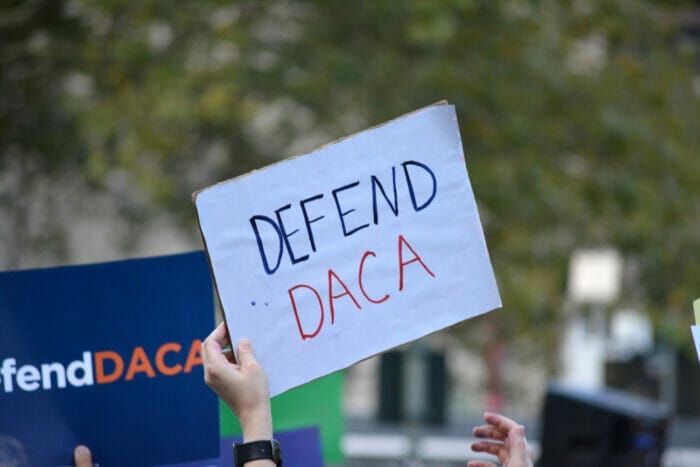
According to eight years of survey data from the Institute on Taxation and Economic Policy, DACA recipients are making their communities and the U.S. economy stronger. With collective earnings of nearly $27.9 billion and tax contributions that bolster Social Security and Medicare, the DACA program plays a key role in the country’s economic growth.
Over the last decade, DACA recipients have boosted tax contributions as a result of higher employment rates, earnings, and adherence to tax regulations.
Here are some key findings from the survey data:
- Nearly 91% of DACA recipients ages 25 and older are employed.
- The average hourly wages earned by DACA recipients have increased by 137.2 percent, from $11.92 per hour in 2015 to $28.27 per hour in 2022.
- DACA recipients contribute $2.1 billion to Social Security and Medicare each year.
- DACA recipients (and young undocumented immigrants immediately eligible for DACA) contribute an estimated $1.7 billion a year in state and local taxes, including personal income, sales, and property taxes.
- Codifying DACA into law and enrolling all eligible immigrants for the program would increase estimated state and local revenue by around $815 million.
- Repealing the DACA program would reduce estimated state and local revenues by nearly $700 million, due a loss of legal status and work authorization for the program’s recipients.
Boundless Tip
Learn more about the current state of the DACA program in Boundless’ guide.